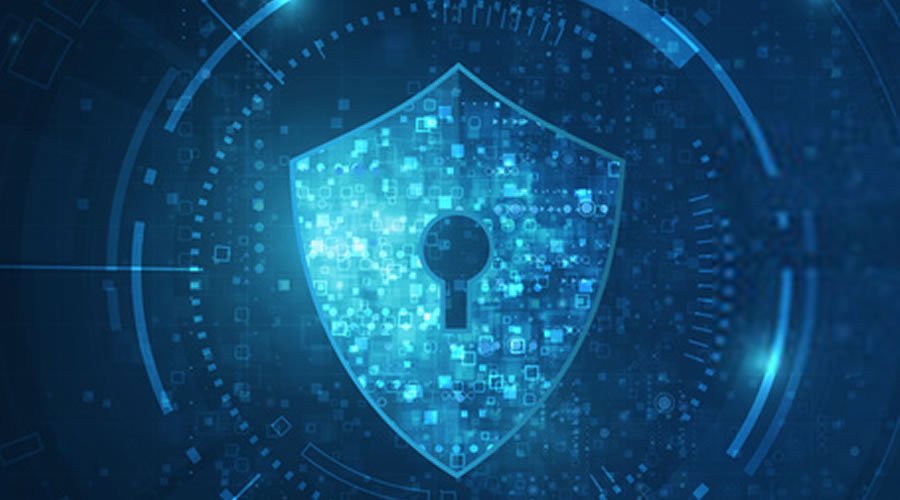Working from home has a lot of advantages, including improving productivity and morale while reducing costs. But at the same time, working from home introduces new security vulnerabilities you’ll need to consider – and guard against – within your organization.
Fortunately, the biggest and most common threats can often be thwarted with even the most rudimentary security measures.
Security Tips When Working From Home
If you or your staff members are working from home, make sure you follow these tips:
- Establish clear protocols for your remote workers. If you’re in charge of an entirely remote workforce, the most important step for you to take is to write and enforce a set of clear protocols for your employees when working from home. Layout all formal requirements and recommendations for security in one document – and make sure your employees read and fully understand this document.
- Secure home routers. At the office, you might have a securely protected router. But are you sure that everyone working from home is following the same protocols? Simply encrypting your router can instantly improve the security of your home network.
- Keep work and personal devices separate. Hopefully, your employees were already doing this when they worked in the office – but it’s even more important to recognize and follow when you’re tempted to mix personal and work devices regularly. All work devices should be used exclusively for work purposes, and work tasks should never be done on personal devices.
- Invest in email security. It’s also important to invest in email security since you’ll be relying on email as your primary mode of communication when working from home. Simple measures, like setting up a more robust spam filter and scanning incoming emails for malware, can instantly boost your cybersecurity.
- Passwords protect your devices. All your devices should be protected with a strong password. This is especially important if you’re bringing portable devices to a public place; if your device is stolen, you’ll have the first line of defense against would-be hackers.
- Keep everything updated. Software developers and technology companies routinely issue updates designed to increase security and guard against newly revealed threats. Accordingly, it’s in your best interest to keep your hardware and software updated at all times. You should probably turn on automatic updates so you don’t miss anything important.
- Use a good password manager. The strength and integrity of your passwords are vital for online security. That’s why it’s a good idea to use a password manager like Keeper. With the right password manager, you can generate strong, random passwords on-demand and store them for convenient use – all while keeping them safe from cybercriminals.
- Install antivirus software. Every device used in a home environment should be equipped with basic antivirus software. These programs proactively scan the device for potential malware, guard against certain threats, and often recommend best practices for better security.
- Rely on two-factor authentication when possible. Two-factor (or multi-factor) authentication is a system that effectively requires two forms of identification before giving a user access to a given system. In addition to providing a password (and standard login credentials), you must verify your identity with a special code sent to your email and/or mobile device. It can be a pain, but it greatly improves your security, since it will be much harder to access your account.
- Use a VPN. A virtual private network (VPN) is designed to encrypt your traffic and access networks remotely. It’s not going to keep you safe from every threat, but it can give you more confidence when working remotely.
- Be wary of public networks. People working from home frequently consider working from a public location, such as a café or a library. However, you’ll need to exercise caution when using unsecured public networks; in fact, you probably shouldn’t use them at all. Instead, rely on known, password-secured networks.
- Completely wipe devices before selling them. If you’re going to sell a company device, either because you’re upgrading or because you’re downsizing, make sure to completely wipe it before selling it. Just deleting the data won’t be enough to truly erase the hard drive.
- Don’t neglect third-party security. While working from home, you’ll likely be working with a wide range of third-party individuals and companies. Make sure you do your due diligence and check these third-party systems for vulnerabilities before working with them.
Staying Up to Date
It’s also a good idea for you and all your other remotely working peers to stay updated on the latest security threats. Read news and updates from popular cybersecurity-focused channels and pay attention to publicly disclosed data breaches. The top threats are always evolving, so it pays to remain adaptable.


